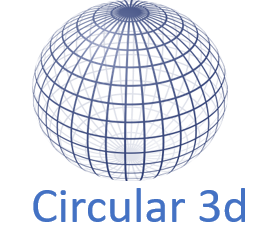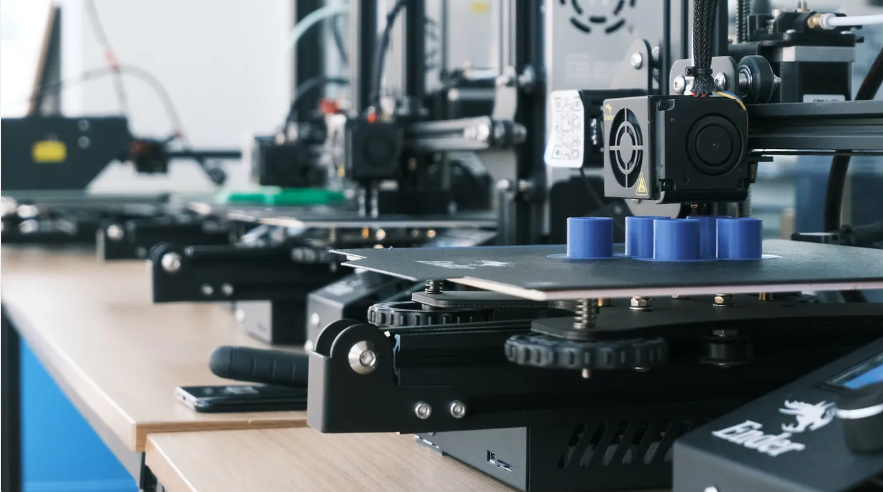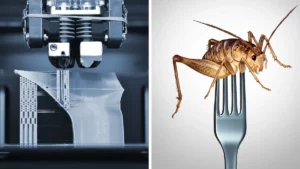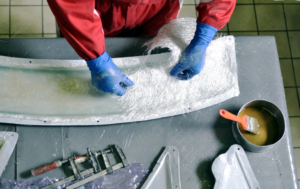A new type of recyclable resin, made from biosourced materials, has been designed for use in 3D printing applications.
In a study, published today in Nature, researchers from the University of Birmingham showed that high-resolution, 3D printed structures can be manufactured from an entirely bio-sourced feedstock.
Once they have reached the end of their useful life, the products can be recycled within an almost fully closed-loop system.
Photopolymer resins, which harden – or cure – on exposure to light, are commonly used in the manufacture of bespoke 3D printed parts. However, while technologies to improve the resolution of 3D printing and its speed of manufacture have advanced considerably, the resins themselves have changed very little since the process first emerged in the 1980s.
Our approach is an important step away from relying on 3D-printable resins made from petrochemicals, which cannot be efficiently recycled. While we still have improvements to make to the properties of the new resin, this research opens up exciting new avenues for development.Professor Andrew Dove, School of Chemistry (Read more)




